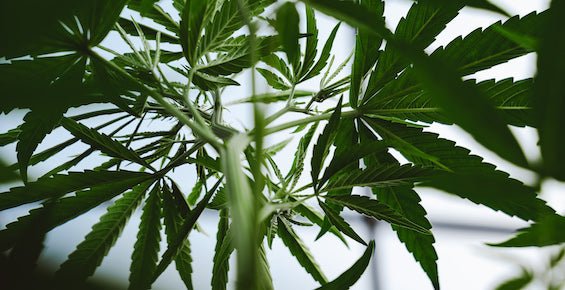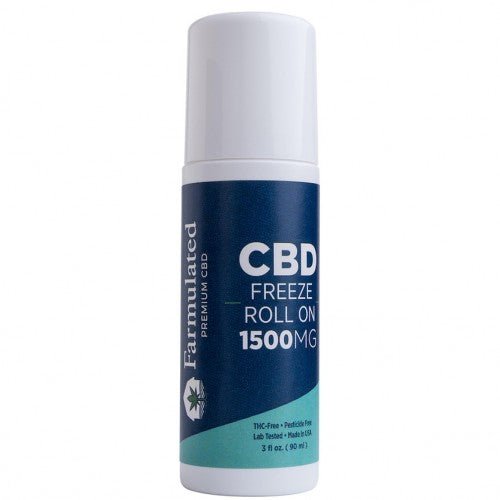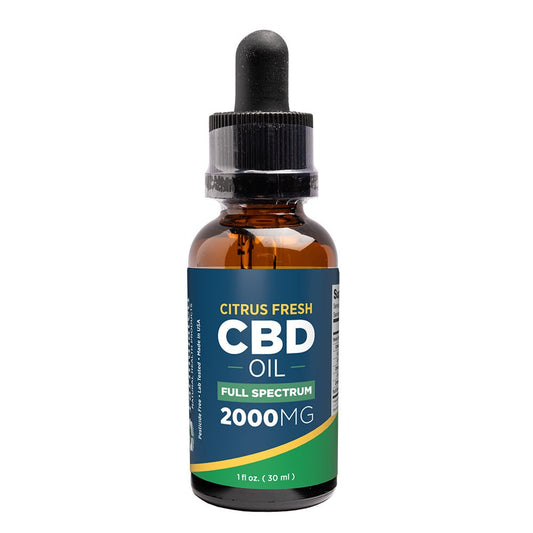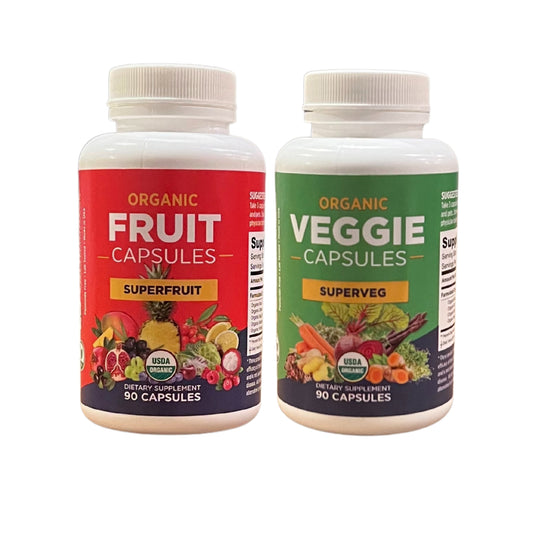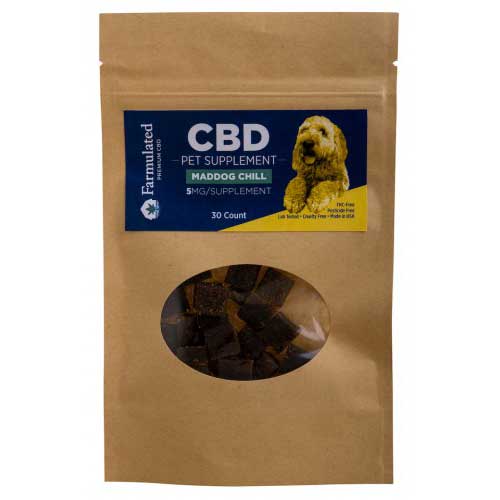When we envision farmers, we often see the picturesque tillage or the rough, dirt-etched palms, but not the marketing insight required to ensure a smooth transition from purchasing raw materials to bringing a successful, fairly priced product to market. Farmulated CBD Owner Mark Troyer, however, was raised on the full potential of agriculture: as a fresh crop, a multifaceted food source, or a final packaged product in a vertically integrated chain of command.
To understand vertical integration, it is important to review its history in the United States. The concept gained notoriety in the late 1800s by Standard Oil Company Owner John D. Rockefeller, whose investment in an Ohio oil refinery led to Rockefeller’s eventual ownership of approximately 90 percent of U.S. refineries.1 Having a monopoly over the industry granted Rockefeller the ability to control all stages of oil production, sparking innovation and reducing costs. Ultimately, federal antitrust laws ruled Standard Oil Company’s monopoly unfair in an open-market economy,1 but the promise of vertical integration—on a much smaller and competitively legal scale—remained.
As for Troyer’s family history, his grandparents and their children arrived in Northwest Pennsylvania in the 1930s to grow potatoes. Then, in 1967, Troyer’s father and uncle established Troyer Farms Potato Chip Company, where the family’s potatoes were processed, packaged, and distributed in the Northwest and Midwest regions. For decades, the family experienced the increased quality control vertical integration gave them over their products. Similarly, locals who grew up eating Troyer’s snack foods appreciated the freshness of a product grown, processed, and packaged in one location.
Fast forward to today and Mark Troyer’s CBD company still harnesses the wisdom of vertical integration from decades of family farming, processing, and marketing experience. Unlike massive monopolies that arose from the Industrial Revolution, local businesses like Troyer’s are able to utilize full ownership to compete with the 30 percent of U.S. companies currently outsourcing portions of their supply chains, a figure even higher for small businesses looking to cut production costs.2
As international outsourcing becomes a mainstay in American business development, Troyer maintains the value in owning all stages of the CBD process, from field to table. He feels the products at Farmulated CBD exhibit a level of integrity that rapid technological advancements and the appeal of cheap labor too often dissolve. He is also grateful to expand at his own pace. The CBD operation is currently growing an assortment of benefit-packed plants which could complement hemp’s healing potential in a new line of products.
While the traditional farmer image tends to be understated in its full scope, those who work in agriculture know the versatility required to maintain a vertically integrated operation – for the product’s quality, the farmer’s principles, the consumer’s safety, and the business’s ability to create and maintain local jobs. For Farmulated CBD, farm-to-table CBD creates a safe space for consumers in a very new and often volatile industry, providing a necessary contrast to provisional market tactics via locally grown, vertically integrated, and farmer-approved products.

References:
- Kielmas, M. (2017, November 21). Stages of Vertical Integration in the US Oil Industry. Retrieved October 01, 2020, from https://smallbusiness.chron.com/stages-vertical-integration-oil-industry-58830.html
- Godlewski, N. (2020, April 16). The Ultimate List of Outsourcing Statistics for 2020. Retrieved October 01, 2020, from https://www.fundera.com/resources/outsourcing-statistics

